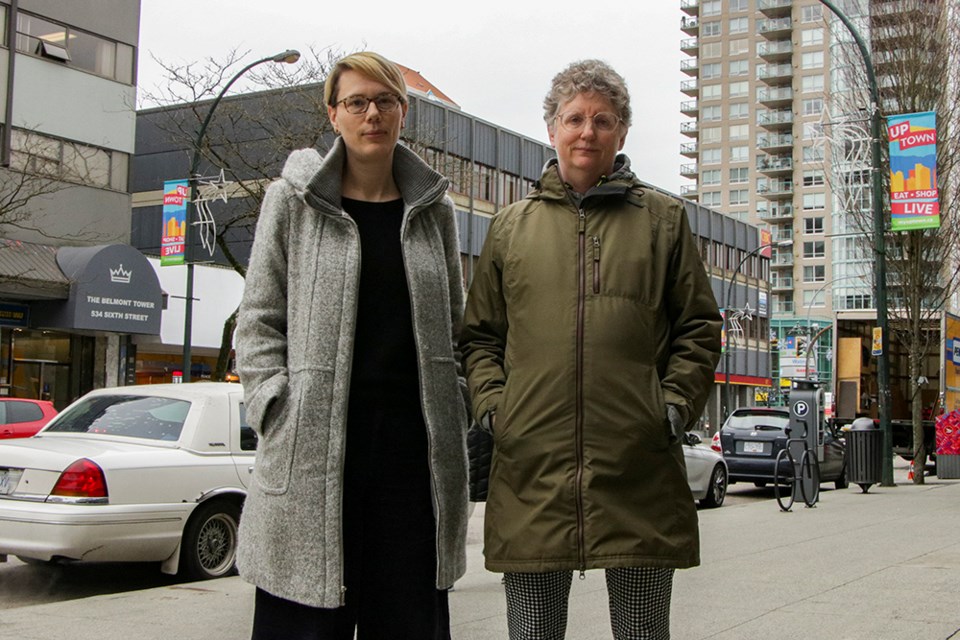As the B.C. government considers how it should develop accessibility legislation, a local advocate says the matter should include an “invisible disability” – mental health struggles.
The Canadian Mental Health Association’s B.C. branch made a submission to that effect in the provincial government’s public engagement process for the new legislation.
Jael Emberley, a community coach with the CMHA in New Westminster, said on top of physical barriers to accessing services, there are also barriers for people struggling with certain mental health diagnoses.
That can take the form of intense anxiety, Emberley said. If someone is called up to the front desk at a service provider office, Emberley said she’s heard from clients who may begin slowly walking up and had a brash experience with the service provider as a result.
That may be a minor issue to most, but Emberley said it can be a real barrier to accessing services – “the front counter person doesn’t realize that it took incredible guts just for them to walk up there,” Emberley said.
The CMHA is calling it “invisible disabilities.” While someone with a walker is easily visible as having a disability that needs to be accommodated to ensure access, someone with mental health struggles doesn’t give those same visual cues. That can lead to little to no accommodation for those individuals, and even further stigmatize them, she said.
Kendra Milne, the senior director of policy for the B.C. chapter of the CMHA, said it’s not easy to develop legislation around these issues. With physical disabilities, a lot of the legislation would revolve around measurements – width of doorways, angles of ramps, etc.
Accessibility for those with mental health and substance use struggles is largely immeasurable. Milne said the legislation would more likely revolve around training for staff.
“We’re advocating for service providers to have training that is developed and delivered by folks with mental health- and substance use-related disabilities,” Milne said.
“We think the only way for service providers to be able to understand what that person with anxiety in the lobby might be experiencing is to hear about them from their experiences and trying to access services.”
Emberley said one thing a former employer of hers did was to come out and greet clients ahead of their appointment to make them feel more comfortable in the setting.
“[We] made sure that they understood that they were welcome,” Emberley said.
The B.C. government expects to introduce its accessibility legislation in the next six months to a year.



